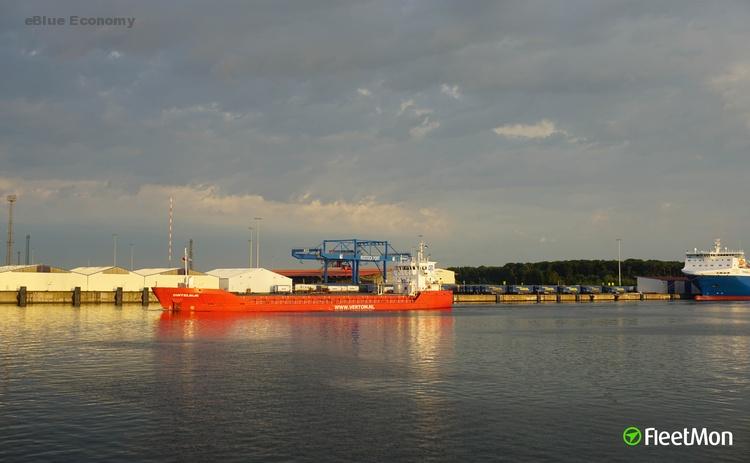by Raghib Raza
Germany’s efforts to import LNG for diversifying its energy supply has suffered another setback. After the Wilhelmshaven LNG terminal was canceled in April, now the planned LNG terminal in Rostock has been canceled by Novatek and Fluxys, citing the current market conditions. Laurent Remy, Fluxys spokesperson said that despite getting constructive support from all project stakeholders, pursuing the project is too challenging in the current market conditions.
Back in 2018, Russia’s largest independent natural gas producer, Novatek, and Belgium’s Fluxys had announced their plans for building and operating a mid-scale LNG terminal in the port of Rostock. The terminal was supposed to receive LNG from Novatek’s Cryogas-Vysotsk liquefaction facility at the port of Vysotsk. Once completed by 2023, the Rostock terminal would have supplied LNG as bunker fuel for ships in the Baltic sea.
Globally there are different doubts regarding energy-switch to LNG. The CO2 emission from LNG is lower than diesel fuels but when the methane released during extraction and transportation is taken into consideration, the climate benefits fade away.
Last year, container giant Maersk declared that LNG has no role in its planning, instead, the company has switched to ammonia or methanol. Looking at the roadways, LNG is attractive for trucks basically because of the tax purposes and increasingly truck manufacturers are now more inclined towards electric drives.
The German Environmental Aid (DUH) which is fighting politically and legally against the LNG terminals has welcomed the cancelation of the Rostock LNG terminal. The agency said that this decision shows that LNG has no future as a fuel for ships or trucks.














